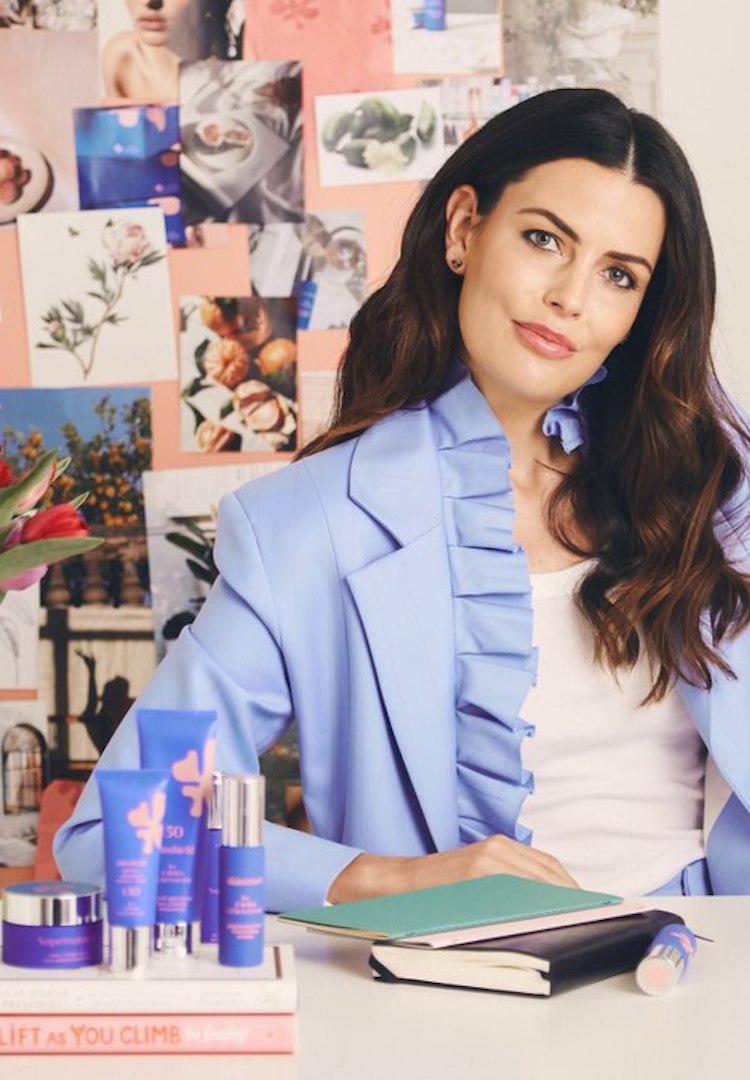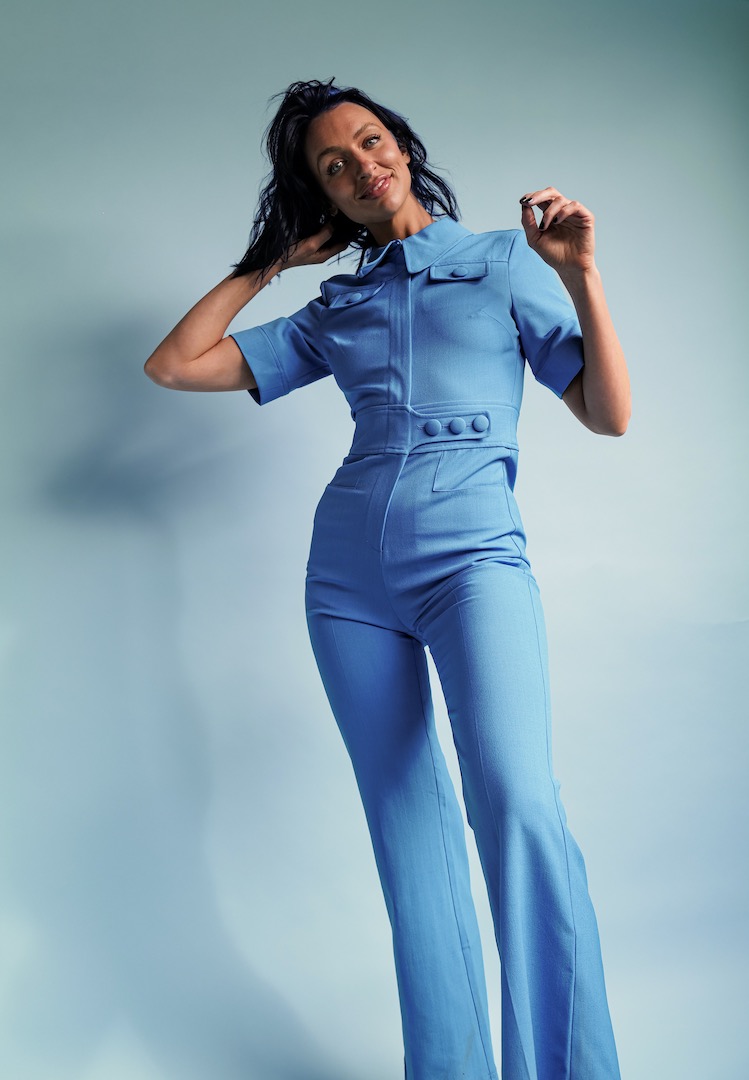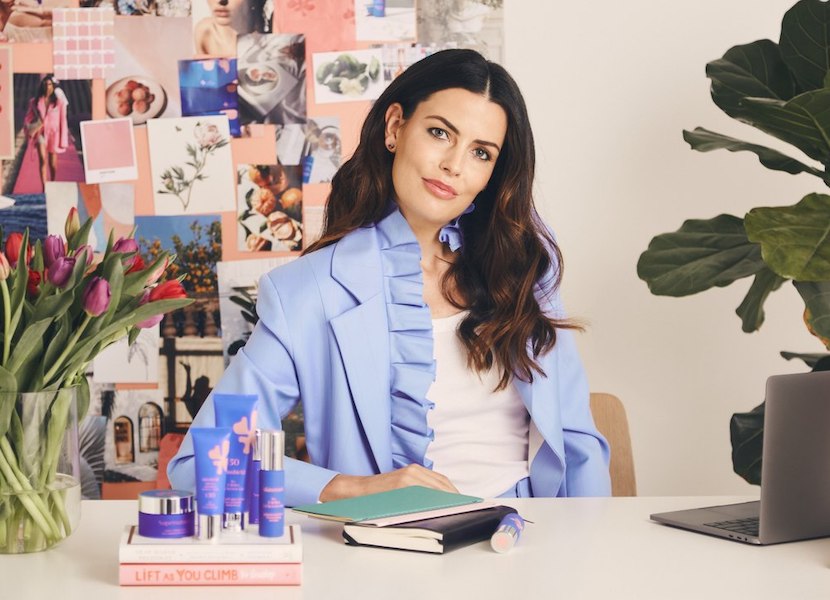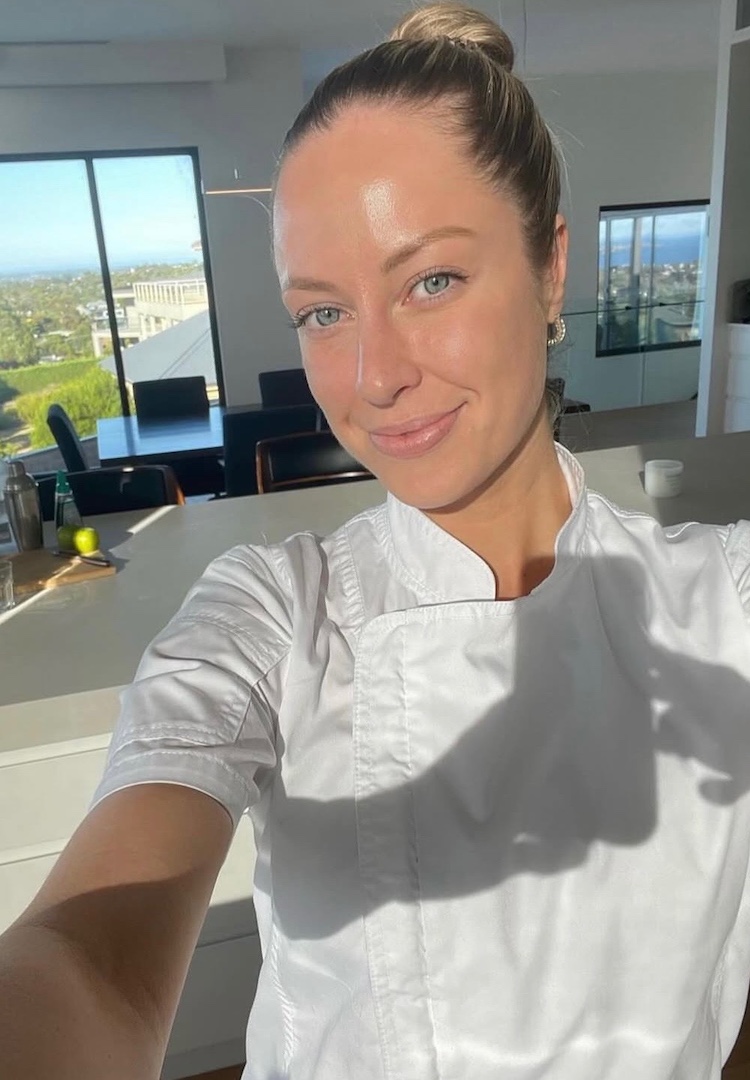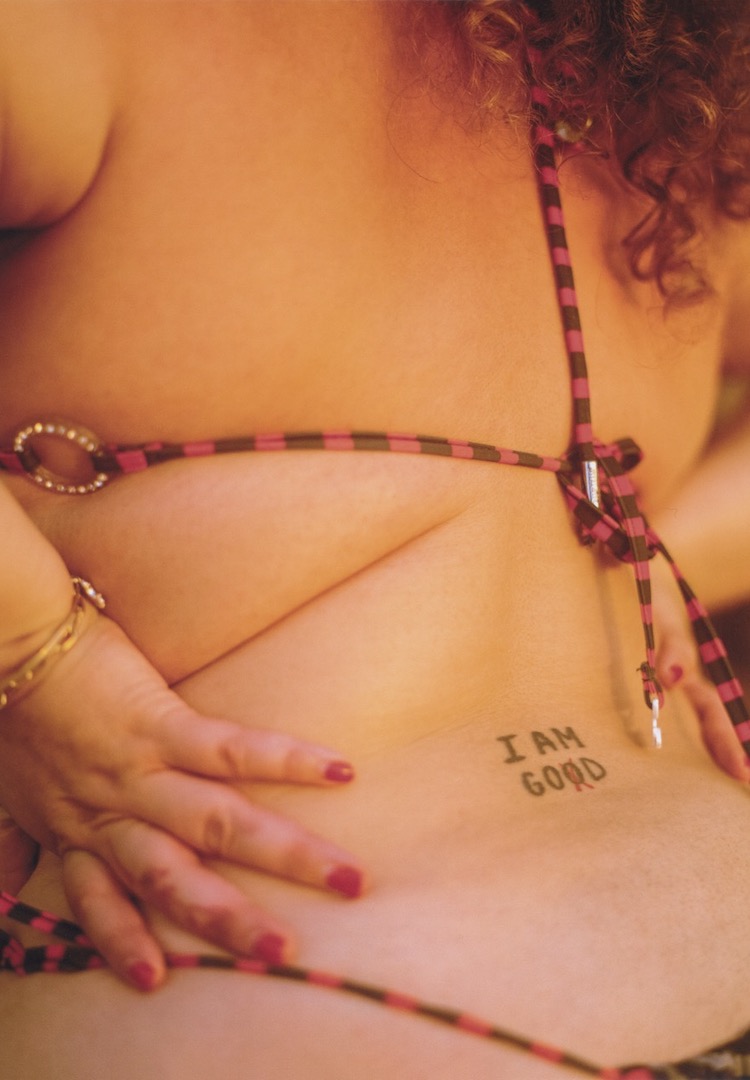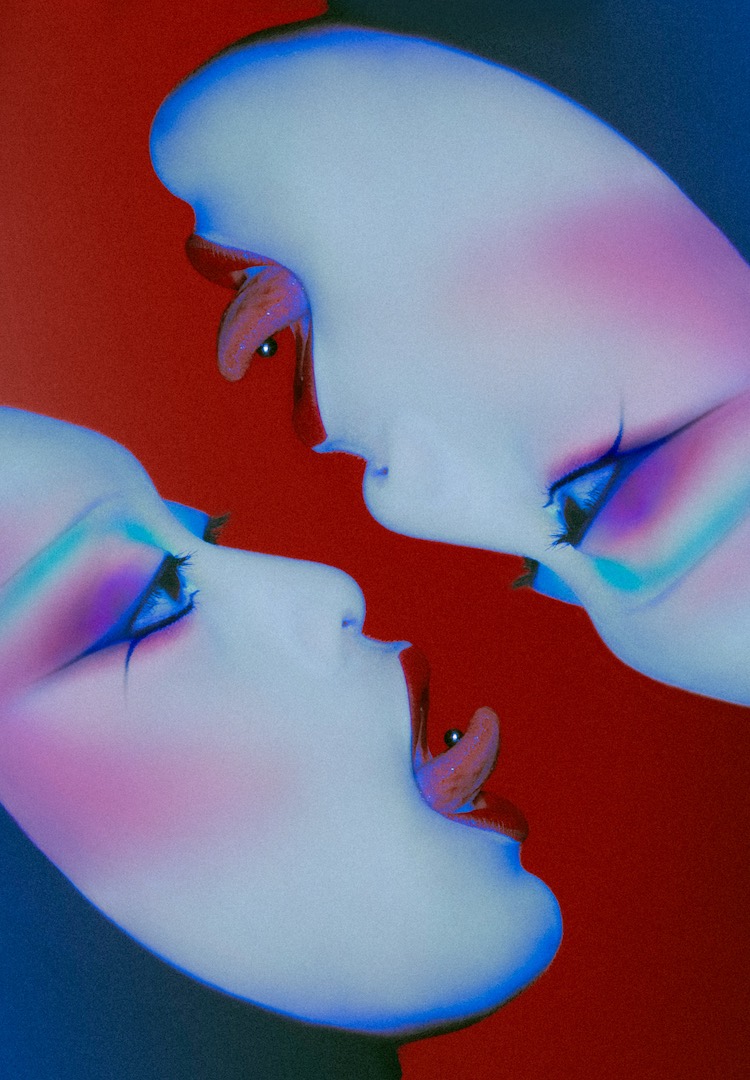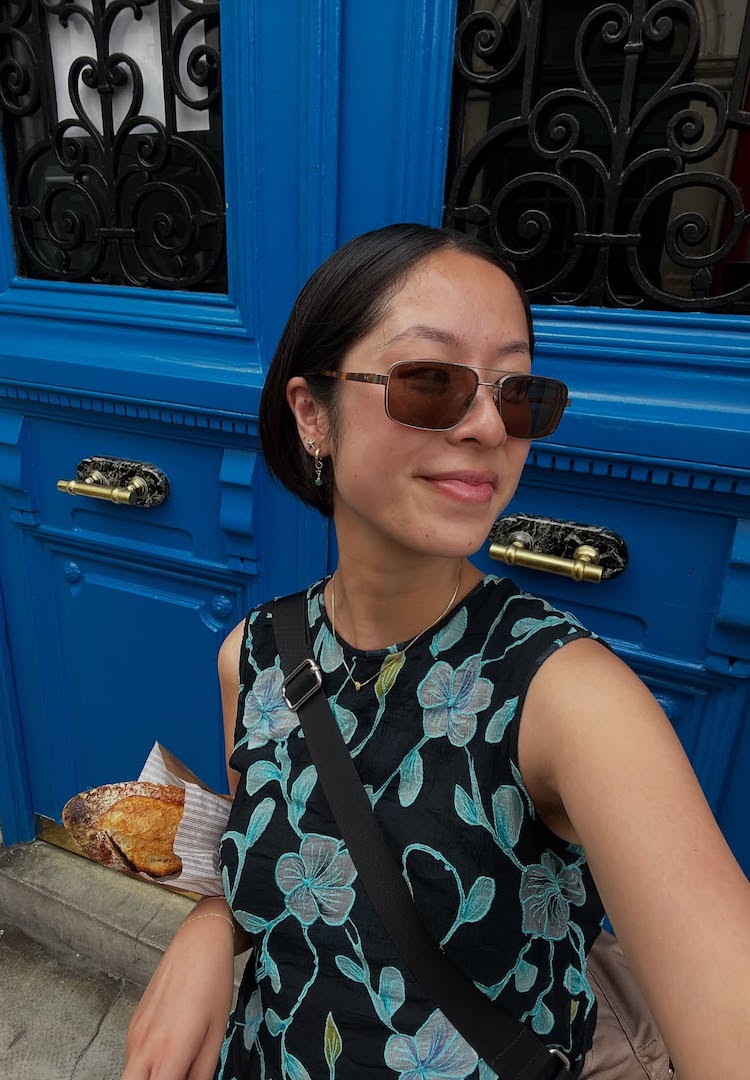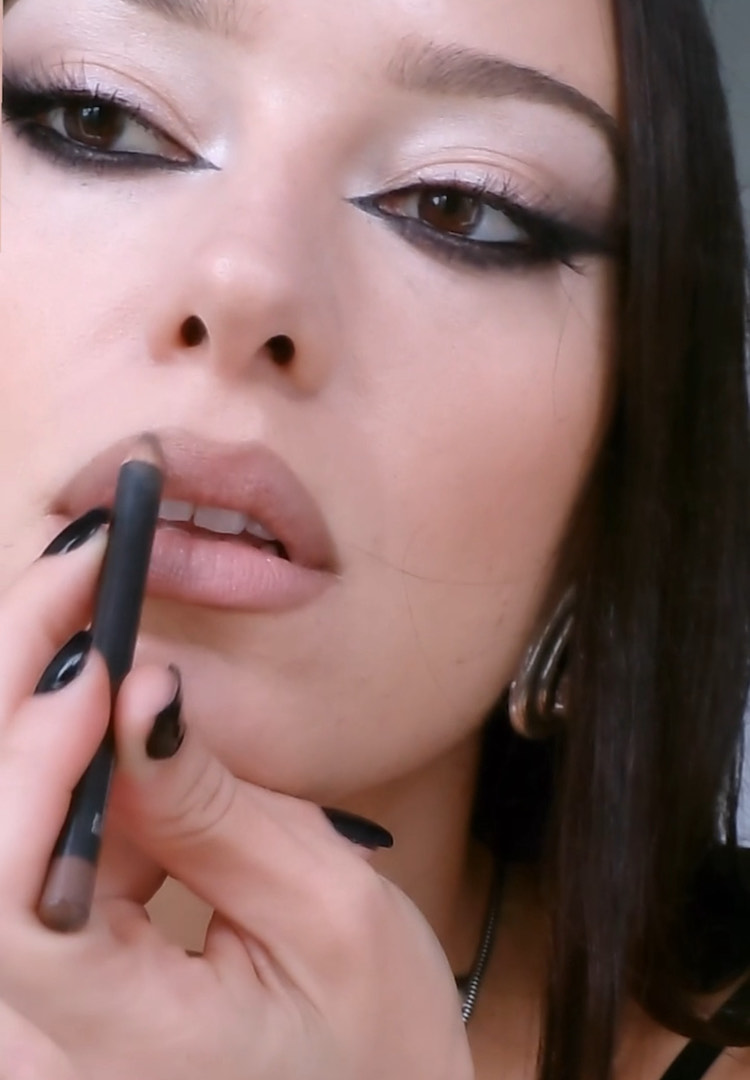How I Do It: Emma Lewisham on flipping the beauty industry on its head
IMAGE VIA @EMMALEWISHAM/INSTAGRAM
WORDS BY COBY RENKIN
“The current model of beauty is broken.”
Impressive job titles are one thing, but what about people who have carved out their own niche and created a job specifically for them? Rather than landing that covetable LinkedIn byline, working for yourself presents a whole new way to choose your own adventure. That said, it’s not always about exploring the road less travelled – sometimes it can mean forging your own entirely untrodden path.
We round up the best career advice weekly. Keep up to date with our Life vertical.
It’s a tough slog, but if being your own boss is your own personal dream, How I Do It is the column for you. We’ll talk to established freelancers and friends of FJ who’ve been at this long enough to have the benefit of hindsight, and they might be able to help you figure out how exactly they ‘do’ what they do.
This week, we hear from New Zealander Emma Lewisham, who started her own skincare brand after realising there was nothing on the market that was natural, science-led and met her expectations on sustainability. Here’s how she does it.
Your background before Emma Lewisham wasn’t in the skincare or beauty industry. What inspired you to make that change in your career path?
When I was pregnant I was told to stop using a product called hydroquinone as it was toxic and questionable for people’s health, and it put me on a path to natural skincare. I was used to using high-tech, luxury skincare and when I went to the market looking for a natural alternative with the same science what struck me was, of course, I couldn’t find it, but also that there was a compromise that existed in natural skincare. It also dawned on me just how unbeautiful the beauty model actually was. The current model of beauty is broken and how it works at the moment is a linear one: we take from the earth, we create something, then consumers throw it away.
View this post on Instagram
This model of beauty is responsible for 120 billion units of packaging being produced annually and what I could see was that almost all beauty packaging was ending up in landfill, oceans or being burned. I also found that packaging is the largest contributor of carbon emissions in the beauty industry. I could see really clearly that the whole model needed to be flipped on its head and if we had a circular model where we were reducing packaging and reusing the packaging we already put into the world, the whole beauty system would get cleaner and better. So for me, why I did this was to help create a better world.
One of your key goals is to prove that scientifically backed and natural skincare can go hand-in-hand and be successful together. Why is that so important to you?
I think it came from that original product that I was using where there was a compromise and links to it having an impact on human health. I think once you think about what we eat and consume, then it’s only natural that we think about what we put on our skin, it being a sponge. I believe that natural products are the most compatible for our health and also have the most powerful ingredients. Natural is harder to formulate and more expensive, it’s not less powerful. I feel that we’ve been conditioned to think that it needs to be synthetic to work. What we’re proving is that natural is more powerful.
Once you had the idea and you decided that this was what you wanted to do, what was the process of getting from idea to real-life product like?
There were lots of little steps along the way, from a product perspective. Once we had the vision it was finding the very best scientists that would work with us to develop our products, so that alone took research and required a process to make sure that people we were going to work with were the right people and believed in what we believed in. Truly, five years ago when we started the journey of Emma Lewisham – we’ve only been on the market for two years, it took us three years to come to market – there wasn’t any brand to look to.
Then in addition to that, to create a blueprint for a completely different model for beauty, a paradigm shift in beauty from one that’s linear to a circular model, where we keep everything in circulation and we’re reducing, reusing, recycling. We came to market with only three products because of just how long three products alone took us to create, it was years and years of trial and error and iteration after iteration and I am such a perfectionist, I wouldn’t give up. I wouldn’t give up until those products were perfect.
View this post on Instagram
Now that you’re a few years in and your business is established and successful, what does your day-to-day look like?
We have grown significantly, our internal team is close to 20 and our external team is close to 50. But there are things that I still stay really connected to and that is people – our customers. I still look on Instagram, reply to messages, want to hear from customers – that does inspire me the most. I take complete ownership for the way that the company runs and how we treat people and the planet and ensure that how we act is kind and fair. So I am really hands-on in that area and leading these directional changes in the beauty industry.
I’m still really involved in our product development as well, I really love to get involved and roll my sleeves up. I’m still involved in and care about every aspect but I feel it’s particularly with our customers, the bloodline of our business. We need them to help us achieve what we need to achieve. That’s so critical for all of us.
What advice do you have for someone in the position you were in five years ago where you recognised a problem and said “I want to do something about this?”
First and foremost, know that you are going to give it everything because it takes everything to achieve it. Really validate that you’ve got something and I guess what I’d say there is sometimes it’s not about doing a whole lot of market research, sometimes trust your instincts and go with it. But do talk to people and do some thorough, robust research into your idea and make sure that it truly is solving a problem.
I would say if anyone in the 21st century is launching a business that they need to understand how they’re solving the problems that we have as a world right now, otherwise, they’re part of the problem. I think we can no longer bring a business to market unless it truly is helping solve the challenges that we have today. I believe that businesses can be a force for good and are the only institution and largest in the world that can bring about the widespread change that we need to.
To explore Emma’s full range of skincare, head to the Emma Lewisham website.


